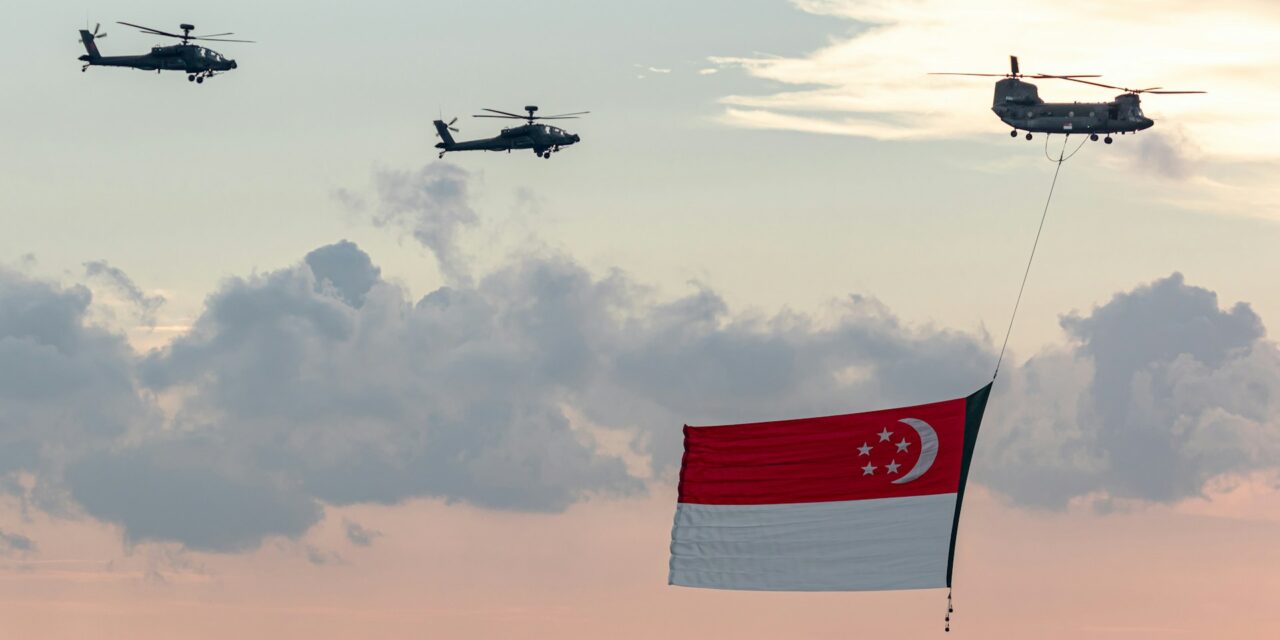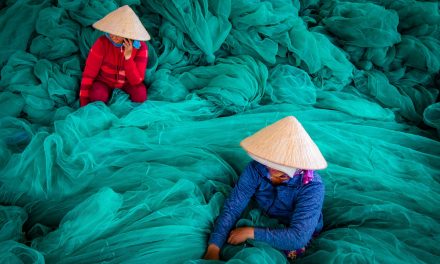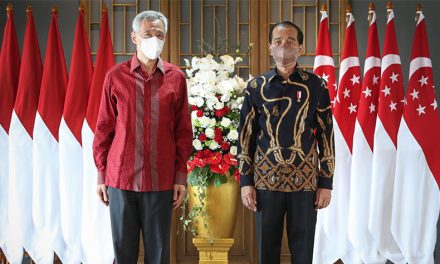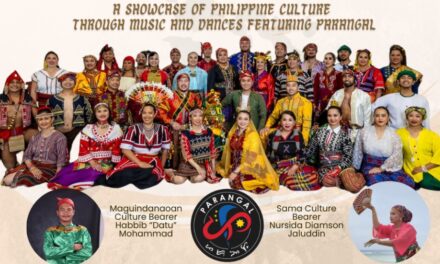Friday marks the 59th anniversary of the Republic of Singapore’s independence as a sovereign state.
As an annual tradition, Singaporeans will celebrate the city-state’s national day with the largest parade of the year taking place at Marina Bay.
If it takes a village to raise a child, it took an international community — along with the determination of its own people — to transform this tiny island nation, reluctantly cast into sovereignty, into the regional economic power it is today.
Singapore no doubt won this international support through the hard work of its many foreign diplomats and ambassadors.
‘Switzerland of the East’
Singapore has often been called the ‘Switzerland of the East’ since its earliest days as a sovereign state. A 1973 New York Times article awarded Singapore this glowing comparison with Switzerland for inviting international banking and businesses to the tiny city-state.
While the article mainly praised the young nation’s growth in finance and literacy, the comparison to Switzerland has become even more fitting over the years, thanks to Singapore’s careful yet welcoming foreign outreach.
International observers define Singapore’s diplomatic positioning as ‘neutral’. Perhaps a more accurate description would be that Singapore does not limit its diplomatic outreach to favor one particular ideology or nation.
Take Singapore’s history as an arbiter for peaceful dialogue between rival nations. In 2015, Singapore hosted the first meeting between the political leaders of Mainland China and Taiwan, a significant moment in the history of these two rival states.
In 2018, Singapore was selected to host the summit between North Korea and the United States, raising hopes for the end of hostilities for the first time since the end of the Korean War.
However, critics were quick to disparage both the lack of long-term change from these dialogues and the perceived legitimization of unrecognized governments. Yet by hosting these summits, Singapore had proven they had a place on the international stage.
On one hand, easing hostilities is always welcomed for the sake of global stability. On the other hand, a small nation finding a middle ground between two hostile nations shows that it’s possible to avoid choosing sides between rival states and instead work towards the interests of all parties involved in the conflict.
The careful international positioning of Singapore provided the nation with strong diplomatic capital to add to its already sturdy economic prowess.
Firstly, this provides Singapore with a good reputation to continue attracting international trade which is so vital to its growth. Additionally, Singapore has the opportunity to act as an arbiter and respected voice in resolving diplomatic conflicts.
Survival and leadership
President Tharman Shanmugaratnam emphasized the importance of an “active foreign policy”. This would see Singapore taking a more hands-on role in its diplomatic circles as well as involving itself with wider international bodies more often.
This assertiveness is both a response and product of the “siege mentality” that evolved amongst Singaporeans. This arose in the early years of independence when the threat of conflict with much larger Malaysia and Indonesia posed a serious risk to the nation.
Still, 59 years later, Singapore’s survival relies on maintaining good foreign relationships proactively.
What has changed is Singapore’s ever-growing prominence as a regional leader.
For example, Singapore is a founding leader of the inter-governmental forum Asia-Pacific Economic Cooperation. The country hosts the International Criminal Police Organization’s Global Complex for Innovation.
The city-state also works closely with fellow members of the Association of Southeast Asian Nations on various fronts, including efforts to improve education rates, economic integration, and security across the region.
Perhaps Singapore’s most impressive international display has lied in its humanitarian efforts. With the city-state financially secure by the turn of the century, Singapore conducted massive operations to aid its neighbors during times of crisis.
The most notable example of humanitarianism came from three naval vessels carrying medical and construction supplies to the worst-hit areas of the 2004 Indian Ocean Tsunami in Sumatra. More recently, Singapore assisted the United States in the evacuation and transportation of Afghan refugees between 2021 and 2022.
Upon reflection, I celebrate Singapore’s independence not as a celebration of survival under a history of being besieged. Instead, I celebrate it because it stands as a testament to the power of international collaboration and friendship in transforming the fortunes of a nation.







